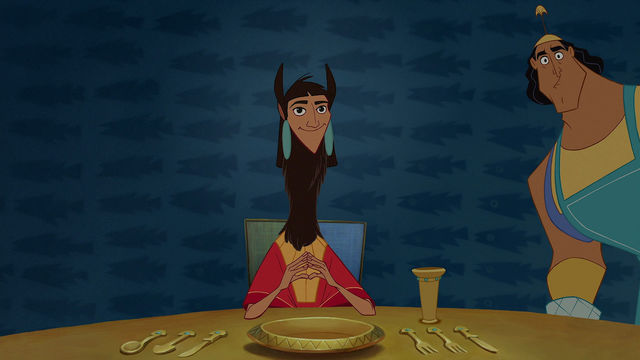On October 30th, my school participated in Frankenreads. It’s a huge event completely revolved around the 200th anniversary of Frankenstein. I had the opportunity to hear from one of our deans, who talked about the history of the romantic era and Mary Shelley. I then attended a lecture on alchemy and its relation to science as we know it today. This was a talk by two professors who I have had the ability to be taught by in earlier courses (one currently as well), so it was really fun to see them shift gears and give a fun talk. As an English minor, very rarely would I ever get to experience my science teachers engaging in what would seem to be an English department event so this was truly a highlight of the day for me. I learned so much about alchemy. It’s more complex than I gave it credit for and I see a lot of aspects of alchemy in today. My favorite quote from the talk, which I am completely paraphrasing, was “Good magic became science and evil/bad magic became what we know as magic today”. What they meant was things like medicines, herbal remedies, and chemicals were considered good so we should continue that and would be known as science, while potions that turned people into llamas were bad and that stayed as magic. Magic was able to be considered bad really quickly if we only associate the bad with it. In addition to learning about how science and magic became different, the lecture went into how alchemy had a lot of ethics behind it and that really effected how research at that time was conducted. People were less likely to do things if they thought they were unethical, which was great for alchemy. This also posed an argument that Victor’s switch from alchemy to science is what made him lose some of the ethical reasoning for creating the creature. It was a really great argument to think about.
After the lecture, I attended the art performance where there was a dramatic reading of chapter 7 and my creative writing class read our retellings of Frankenstein. My retelling was a letter from Henry Clerval to Victor after the death of his brother. I wanted to write something about being thoughtful and empathetic, as an underlying theme in this story is empathy. Shelley is able to make us question how empathy works and makes us question why we have empathy for “like” but have hatred and distrust for “unlike”. I had struggled initially with writing this piece but I love how it turned out. It had a similar tone to what I thought Shelley would have used for Clerval, if he had written a letter himself. Overall, I am happy I made the decision to attend all of the events and learn about different aspects to Frankenstein. Cultural events like these help to bring people together that wouldn’t typically have something in common. The English department and the science department at my school rarely have the opportunity to have events together because the curriculum seems so distant. By attending the Frankenreads event, students who would never share a classroom were able to find something to bond over.
Image from: The Emperor’s New Groove
Post originally from: https://masnead.wordpress.com/2018/11/01/bad-magic-is-turning-the-emperor-into-a-llama-instead-of-killing-him/

